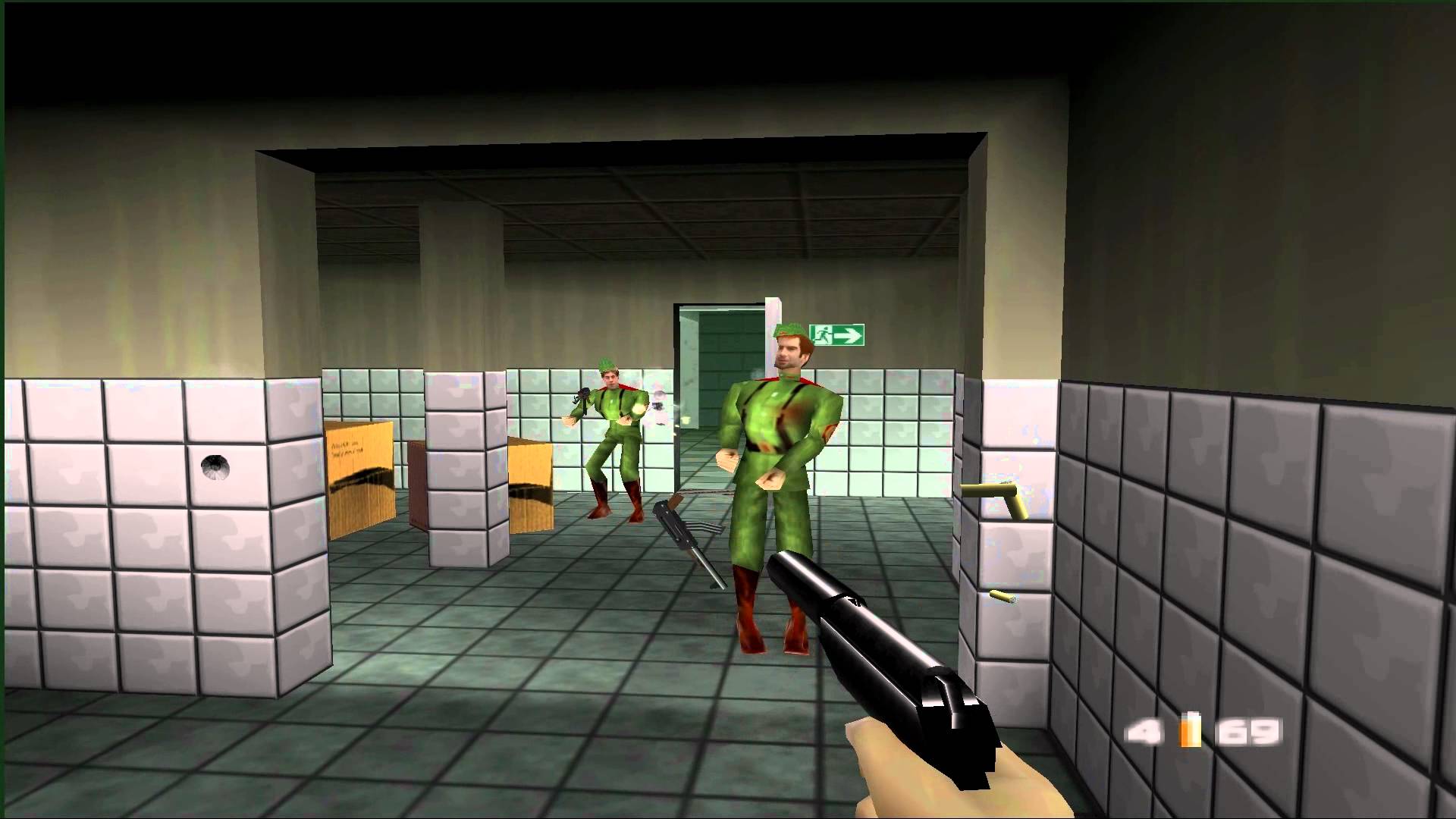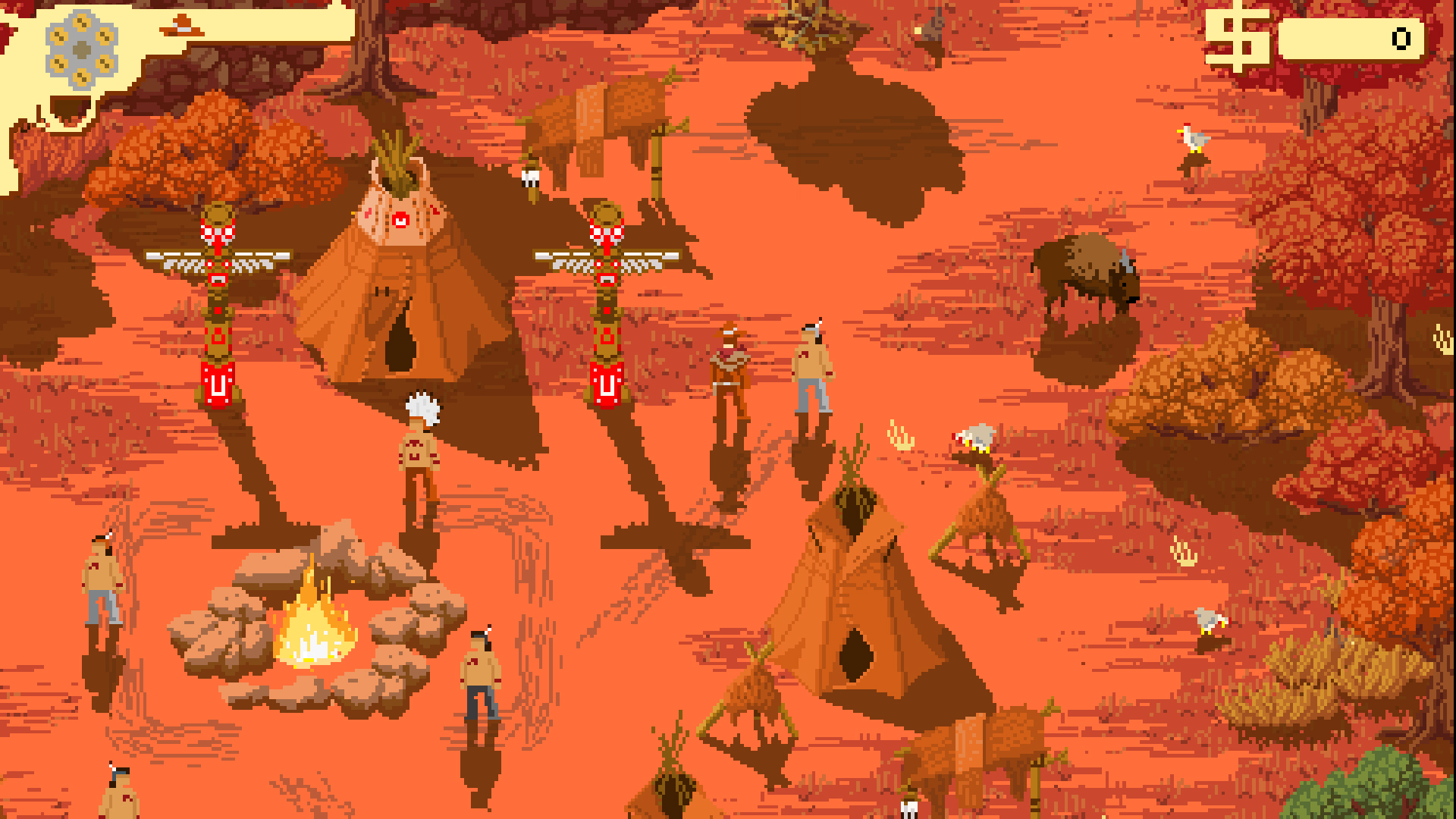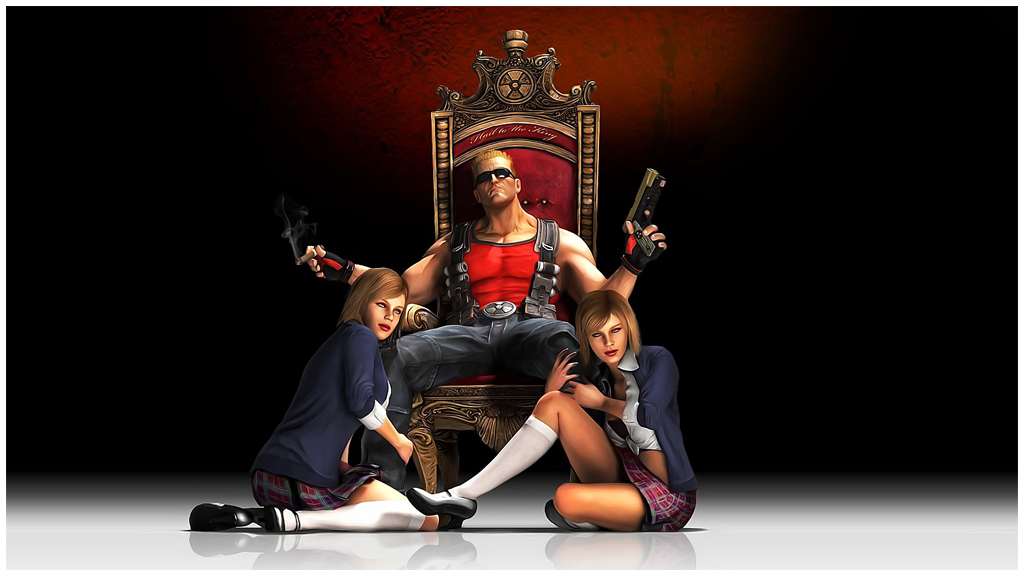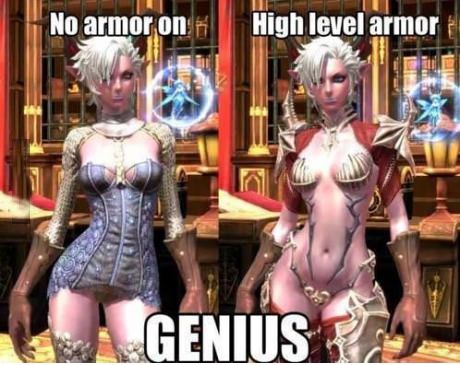
Truthfully, I didn’t know where I was going when I started writing this. Turns out it’s about two things: ways to deepen game characters, and reasons why it’s important (as well as when it’s not.. so okay three things).
Let me tell you a story. It’s about a boy who was born into a fairly poor family who eked out a passable existence on a family plot in the mountains. When he was only 12 years old, his father was killed in a tragic farming accident, and as his mother was too ill to work, he became the sole breadwinner for a family of six younger siblings.
He had a talent for singing. His deep and melodious voice, paired with a deep well of emotion bought from years of personal sacrifice, won him many admirers in the taverns and dance halls around the local villages. It wasn’t long before the girls started to notice him.
As his younger siblings matured, he dreamed of leaving the farm and pursuing a career in music, until one day a paramour told him she was pregnant with his child. Dreams of a life of travel and singing were forgotten. They married and his love gave birth to twins some few months later. He was the happiest man alive!
Unfortunately, the harvests had been poor for years, and the bank reclaimed his family’s farm as the twins neared their first birthdays.
With not one, but two families to support, and no means of doing so, he joined the army, one of the few employers who was always hiring. He moved both families to the city as he began boot camp.
His first post was guarding a hydroelectric power plant. It was hard to be away from his family, but he knew that they were safe and provided for.
One day on duty, as he quietly hummed a lament, thinking about the night he first met his beloved, this happened…
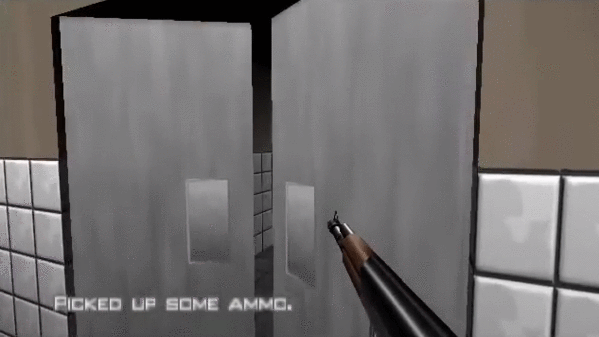
THE END
Like that one? Let me tell you another (shorter) story.
A class sits idle in some code, waiting. Its name is Soldier 4. It’s basically frozen in time. It doesn’t even look like anything yet because its mesh hasn’t been rendered because the player camera’s frustum hasn’t come across it yet. Suddenly, the player enters a trigger area around the corner and the class springs to life in glorious pixelated detail. It starts playing an animation, shifting its weight back and forth on two legs. Then a raycast determines that it’s just been shot 3 times. A rather slow and painful looking death animation is chosen from a small list of predetermined death animations. After a few seconds, Soldier 4 lies still, fades to nothing, and the garbage collector erases any trace of his existence shortly thereafter.
FIN
Okay, which story do you like better? Which is more true? Which is more believable?
Which would you tend to think of when playing a game? I suppose that would depend on how immersed you are, and what lengths the game goes to in order to inform you about non player characters (NPCs).
I used Goldeneye because it’s one of the earliest examples I can think of where my mom was a bit upset that I was shooting people in games, rather than speeding through checkpoints and jumping on robotic animals. It’s also one of the first games I can recall that put some real effort into showing pain in the enemies. You could shoot them in the foot, hand, or crotch, and they’d stop shooting, grab the injured area, make a pained noise and hop around (if they still could).
I was too busy at the time being blown away by the speed and the technology (I’d also never played Doom or similar 3D shooters at that time) to think of the enemies as anything more than obstacles to progression, but I can see now in games what my mom saw then. And it’s got nothing to do with graphics, or realistic animations. It’s partly a question of emotional maturity, of course, but also of storytelling. Where I just saw ‘baddies’ my mom saw me walk into a room and gun down a random young man in a Russian uniform with no provocation. Goldeneye didn’t really give you reasons to kill most of the game’s enemies other than “you’re James Bond and they’re Russian. Duh!”
Twenty years later, we have plenty of room on the disc to fit even a little audio that can precisely let you know why you should (or shouldn’t) want to kill these dudes. Yet in those situations where we have the opportunity to do better, how often do we actually strive to?
When to dehumanise
There are so many games of all sorts. I’m not at all trying to argue that we do want backstories for all game characters in order to make them better. That could often do the opposite.

Take Doom (new or old). It’s an unapologetic power fantasy, delivered through the medium of speed and violence. Killing demons removes any need for cumbersome storytelling. It’s black and white. Demons are evil. Kill demons. A game shouldn’t try to do too many things. If the extras conflict with the core idea, cut them.
We often dehumanise the enemy in games. Literally. Whether to simplify story, avoid moral debates or to sidestep local censorship laws, we turn our targets into zombies, monsters, robots, or aliens. It works really well. Robots and zombies can also relieve the impact of bad AI, since they’re not meant to be particularly intelligent to begin with. Great! Over the top violence and power fantasies can be fantastically fun, and I wouldn’t change Doom 1 or 4 one little bit.
The topic I’m addressing is what to do when we have human adversaries, who are meant to represent believable people. Because this is the greater challenge, and it’s likely that you seek to tell some sort of story when you’ve chosen to have human antagonists.
There are two types of games that use humans as enemies; those with either fictional or non-fictional settings.
Fictional Settings
GTA V is one of the most realistic, alive open world games that’ve ever been created. But players have zero empathy for the citizens of Los Santos. The game’s over the top satire, occasionally wonky physics, and amazing yet vastly imperfect AI, prevent any great depth of immersion. That’s not to say that you can’t get lost in the game for hours, but you’d never mistake it for a real experience, and you wouldn’t really start to feel for the characters. The emphasis on driving fast across a world populated by pedestrians is fundamentally incompatible with any sort of attempt to make you care about individuals in this world. And that’s fine. GTA V is incredible for what it is, and no game can be everything (though it’s not far off, to be fair).
Now take Rise of the Tomb Raider, which I just finished playing yesterday. As in most games, you’ll mow down hundreds of enemies, but narratively there’s something interesting going on. If you listen to the idle dialogue and/or audio records, you’ll come to appreciate a depth to the enemies. There are the core villains but also their paid and oblivious contractors. Trinity are out to do bad things and don’t care who they kill, but most of the enemy army are hired mercenaries who don’t know about or don’t believe in the religious fanaticism that drives their employers. Among these contractors, many start to realise that their bosses are nuts, and say that they didn’t sign on to round up and shoot local tribespeople. Some talk about trying to get out asap. Some other contractors are psychopaths themselves, and then Trinity are always evil. This approach did make me want to avoid killing certain guys, or at least regret having to do so. A little. It also made me more eager to hear what type of group I was about to go up against, by stealthily sneaking up on their positions instead of opening fire early. It’s a pity that there aren’t any non-lethal options or other mechanics to expand on this narrative theme. Once the bullets start flying, the good ones and the bad ones all want to kill you just as much.
Still, it was a good effort at adding some depth to the game, and I appreciated that it was there. Because personally I’m usually (when facing human game enemies) thinking that they’re probably not all bad and they don’t all deserve to die. It was nice for a game to respond to this.
Of course, other games have done this, and done it better. If you haven’t yet played Spec Ops: The Line then do it now! Even if you think you know all the spoilers, it’s a masterpiece in subverting player expectations. The whole journey through the game is brilliant.
Fundamentally, I think that most conflicts only occur due to a lack of understanding or empathy (including an unwillingness to share resources). With better communication and patience, most could be avoided. Games so rarely attempt to show this, but if narrative is a serious part of the game you want to deliver, then it should be strongly considered.
Games are such a powerful medium for delivering understanding and empathy because the player actively takes part in them. I’m not saying that every game should be doing this, but we could certainly be faring better as an industry.
Historical Settings
Real world armies have forever attempted to dehumanise the enemy in order to make it easier for your own troops to kill them. They’re all savages. They’re all baby killers. They’re all rapists, thieves and murderers, and God is on our side. War films are almost universally anti-war films (especially since Vietnam) and they usually tap into the folly of these lies. Yet war games still seem to find it more convenient to buy the lie hook, line, and sinker.
Maybe it’s because you’re asking the player to do the killing directly for hours on end that designers have felt the need to retain these lies. I remember that in the opening minutes of Call of Duty World at War you’re being brutally tortured by Japanese captors before being rescued by Kieffer Sutherland and his band of more morally upstanding brothers. It’s set up so that you will have no problems killing Japanese or German pixels for the next several hours. Of course, the Japanese and German armies were conducting genocide and torture, and stopping that is a fairly justifiable goal (as long as we’re clear that no side was squeaky clean), but I’m just saying that I’ve never seen a game take the opportunity to do what Letters from Iwo Jima by Clint Eastwood did.
This is why I’m a bit concerned that Call of Duty are returning to World War 2 as a setting this year. For the last several years they’ve been doing fictional settings and usually have some big opening set piece showing you exactly how evil your enemies are and why you should kill them all (they blew up your house and neighbours, usually). Their games are so formulaic that I’m concerned they’ll miss their chance to advance the genre of war games by just ticking all the same boxes in a new (well, old) setting and perpetuating the notion that Americans are always good, and Nazis are always bad. That said, they seem to be heavily influenced by Spielberg’s Saving Private Ryan so maybe they will have some shades of grey in their narrative and do something new.
Battlefield 1 at least lets you play as both sides in a conflict and although human lives are reduced to mere ‘tickets’, I do admit that I felt remorse when sitting in a machine gun nest, mowing down a charge across the trenches by the players on the other team.
Yes, it’s a game, but it represents something. Yes, the players will respawn and so it’s more like a game of paintball or virtual tag than an actual battle, but this is where my empathy for pixels idea comes in. Real lives were ended doing exactly this kind of action that I’m doing right now. I sincerely hope that when you watch the last hour of Titanic you feel a lot more moved than when you watch Con Air. Similarly, I hope than when you play games based on the world wars or Vietnam, that a part of you doesn’t glorify the killing in the same way as you the glory kills in Doom.
They’re different beasts, I think, and deserve different treatments from the creators. I hope that Call of Duty: WW2 gets some of that.
Games with more moral weight
I’ve referenced more linear games here so far, but RPGs are traditionally much better at giving weight to your moral decisions, even if they are nearly always set in fantasy or post-apocalyptic worlds.
I recently played Westerado, an indie cowboy RPG/ murder mystery in an open world that you have a lot of agency over. It doesn’t take itself fully seriously, but because you can go anywhere and kill anyone, you feel like you’ve some real responsibility in the world. Because of this responsibility, when I found myself riding out with some US Army soldiers who’d been fighting with native American tribes, and we than happened upon said tribes in a sudden ambush, I said “oh fuck no I will not be killing native Americans and still pretending I’m the good guy”. I ran from the fight. I failed that side quest. I think the army were all killed but I’m not sure. But that was my story. The game didn’t establish that these natives were out of line in any particular way, just that the army were fighting them. So my own knowledge of history filled in the rest. While I was happy enough to help the army bring food to settlers (or whatever we were doing in that quest) I was not taking part in any genocide. Pixelated or not.
Here is an example of an extremely unrealistic looking game reaching me on a real level. An historical setting (fictional as the specifics are) and a game where my choices can have a lasting effect can create real empathy even for pixelated characters.
Mechanics for deeper, more sympathetic NPCs
Assuming you want some moral ambiguity or emotional weight in your game, particularly if you’re making a war game, what tools could be used to advance this agenda?
Just having NPCs chatter together is a very simple way of humanising them (for better or worse) before you go in guns blazing or not. It’s tried and true in linear games, but challenging in open worlds where the dialogue inevitably can start to repeat, and feel insincere.
The opening level of Battlefield 1 had you fighting a pitched battle on the Western front. Each time you died (in this level only), as the screen faded to black, you got your character’s name and the year of their birth and death. What it would say on their tombstone, basically. You then respawned as a new soldier elsewhere in the battle. This gave a weight to death that most war games (and the rest of this one) usually can’t deliver. If you add to that system something like “loving father and husband” or “always dreaming” you’ve a better system already.
Valiant Hearts has you play as characters from both sides of the trenches, and actually never has you kill anyone. It shows your Franco-German family in tact before the war, then watches as, torn apart by circumstance, they struggle to reunite.
This War of Mine has you play a war game from the point of view of starving families trying to survive amidst the rubble, where you make decisions to kill innocents because you need food for your own kids. The shocking reality of the unseen other side of war games was powerful.
Apart from historical settings that bring their own moral weight (and ethical dilemmas in terms of storytelling) to the table, you could use procedural generation to fill out backstories for each and every NPC that lives or dies. It’s its own challenge, but it’s possible. Watchdogs had a system where you could hack the phone of anyone in the open world and get a little summary of that person as an individual. That’s not an end in itself, but it’s a tool in the box.
Dwarf Fortress procedurally generates its entire world and history when you launch a new game. Co-creator Tarn Adams and Kitfox Games’ Tanya X Short have some great GDC talks and blogs about procedural generation, including a book they co-wrote called Procedural Generation in Game Design coming out soon. Do check some of it out if you’re interested in the area.
I’ve experimented myself with generating a small town’s size of population. Everyone gets a name, age and job. Every year people grow up and either die, marry, have kids, or do nothing extraordinary. Over a few seconds I grow this town by several generations and all of a sudden have a family history for every character still alive at the moment I start playing the game properly. I’m planning on using something similar to this in Sons of Sol to flesh out your wingmates’ backgrounds, though we don’t yet know the extent of player interaction with wingmates outside of the main missions.
In Conclusion
There are many more ways we could flesh out NPCs. Better AI is one. We could even get as far as giving NPCs the levels of interactivity that the hosts in Westworld have. Though I think the point of that show is that some people will just refuse to acknowledge the humanity in artificial things, while others can empathise with them very naturally; less because they’re fooled by looks or behaviour, but more because they’re emotionally invested in the story.
Humans have always loved storytelling, and creators have always found new and better ways of expanding our toolset for crafting them. We have amazing tools for creating empathy and understanding through interaction now.
Games are chief among the most consumed media in the modern age. Violence and conflict are a core part of many of our games, but also a significant part of the real world that we live in. In a world that too often seems to lack empathy and a willingness to understand our adversaries, games could be our best tool to foster a willingness to understand other sides in a conflict. I think it’s important that we start to do this more often. It doesn’t suit every game, but where killing humans is the main activity, and especially in historical war games, I think we can and should do better than we have been. We’re moving the right way, I think, but let’s keep it up.
Until next time..

